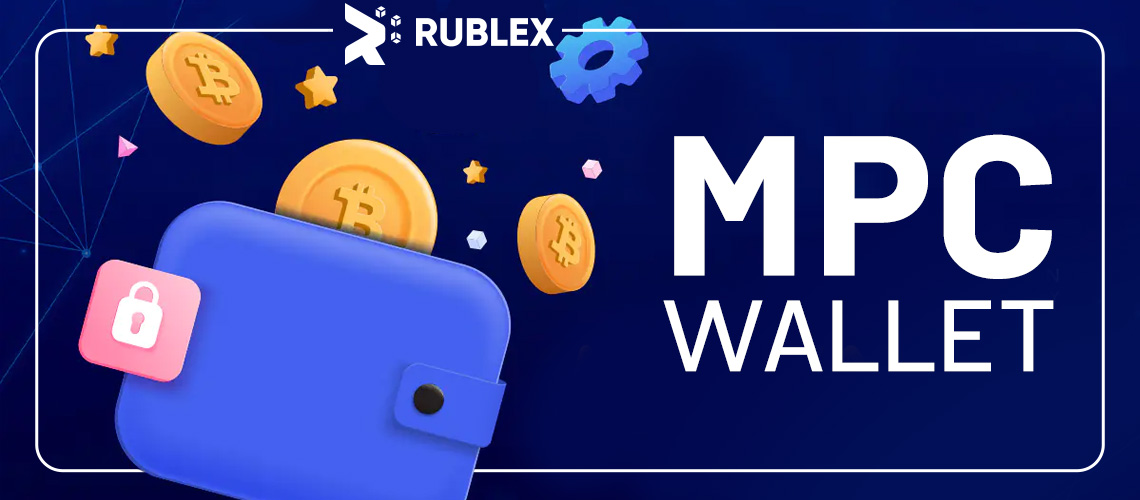Bitget, the cryptocurrency exchange, has launched a multiparty computation (MPC) wallet to enhance asset security and user experience.
Bitget, a cryptocurrency exchange and derivatives platform, has unveiled a new wallet service that utilizes multiparty computation (MPC) technology to enhance security and key management for users.
After launching its account abstraction wallet service in July 2023, powered by Ethereum scaling protocol Starknet, Bitget has integrated MPC to revamp private key and asset management.
MPC technology employs a distributed key generation system that distributes key shares to various locations controlled by multiple entities. This facilitates a transaction authorization process requiring the owners of these distributed private key shares to sign and authorize transactions.
The MPC wallet offers a “mnemonic-free” user experience, departing from the industry standard of relying on users to store or memorize mnemonic phrases and private keys. Instead, assets are managed using password-based authentication, eliminating the risk of a single-point private key exposure, as emphasized by Bitget.
Bitget highlights that this development aims to provide a user experience akin to traditional Web2 products and services. At a more technical level, Bitget’s MPC wallet utilizes a threshold signature scheme, secure “large prime numbers,” and features a 2/3 threshold setup.
This feature is tailored for everyday consumers, implementing a minimum requirement for signature authorization, where only two-thirds of the total key shares are needed to complete a transaction authorization signature.
The final key share is securely stored on a backup cloud server, enhancing decentralization and security.
The MPC wallet includes a reshare mechanism that invalidates key shares on old devices when newer devices are connected, mitigating the risk of compromised key shares on outdated or forgotten devices.
Users can also configure standalone transaction passwords, ensuring that key shares held by Bitget’s server require active user consent for signature completion.
Cryptocurrency self-storage has gained importance due to the failures of centralized players like FTX. In March 2023, Ledger, a hardware wallet manufacturer, raised $109 million to expand hardware production and explore new product development.





